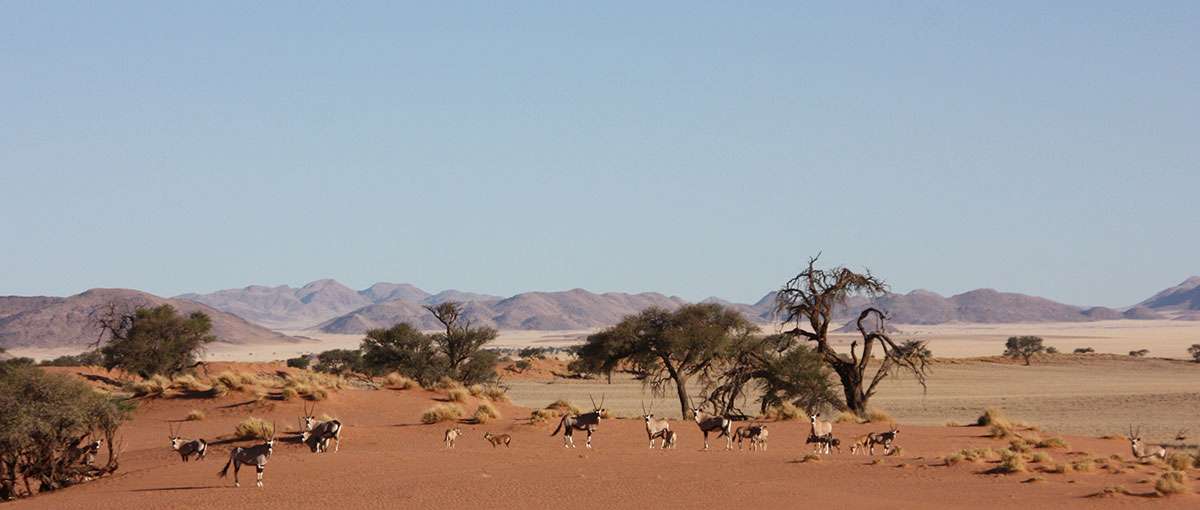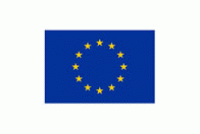The World Day to Combat Desertification and Drought is observed every year to promote public awareness of international efforts to combat desertification. The day is a unique moment to remind everyone that land degradation neutrality is achievable through problem-solving, strong community involvement and co-operation at all levels.
2018 Theme “Land has true value – invest in it.”
Semi-arid regions of the world are often thought of as being particularly vulnerable to climate change. They are already climatically stressed with high temperatures, low rainfall and long dry seasons. Semi-arid ecosystems are highly dynamic, with bursts of productivity in the wet season and in good years, and very low productivity in dry years, often leading to temporary or longer-term land degradation.Traditionally, inhabitants of semi-arid areas managed this variability in natural resource availability though pastoralism or agro-pastoralism. Nowadays, population growth, land-ownership issues, national borders and competition with other land-uses has reduced the opportunities for people to respond in traditional ways to the ecosystem dynamics of these systems, and has resulted in many instances of enhanced vulnerability to climatic variability.
It is clear that drought is already affecting many parts of the system in semi-arid regions, and climate change is likely to make drought events more frequent. Therefore, it is critical to assess the viability of scaling up successful local solutions to this challenge, and to identify new solutions. Importantly, this needs to be done in a participatory manner, with researchers and practitioners working alongside local stakeholders, local government and non-governmental organisations (NGOs).
The ASSAR project has produced a brief on drought available on this link.
ASSAR's work on drought - information brief - August 2016.pdf




































